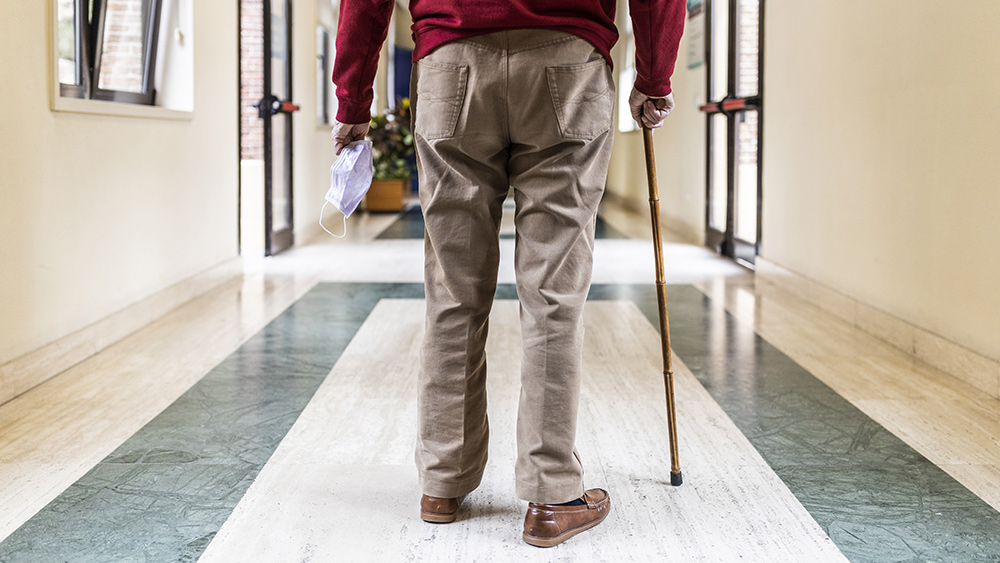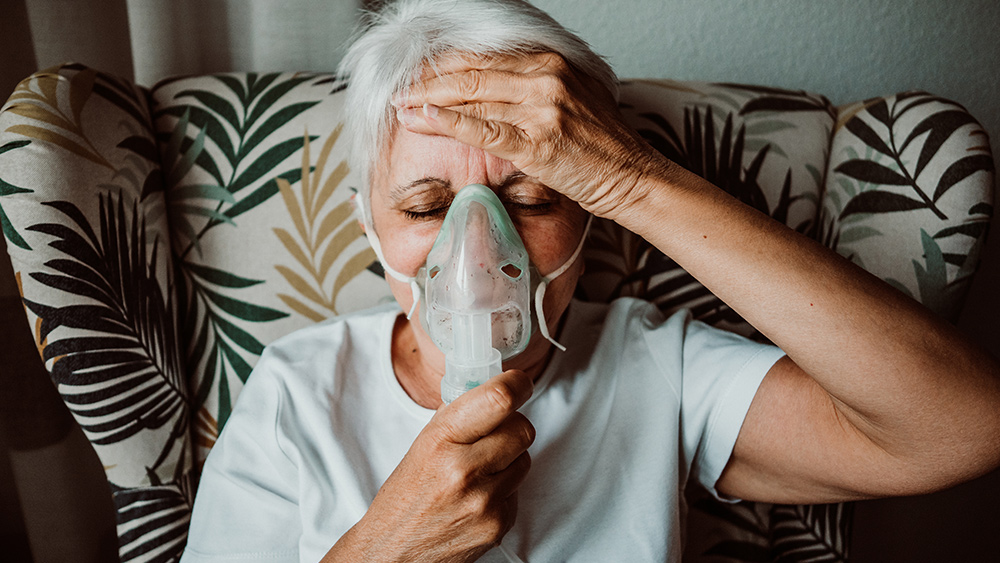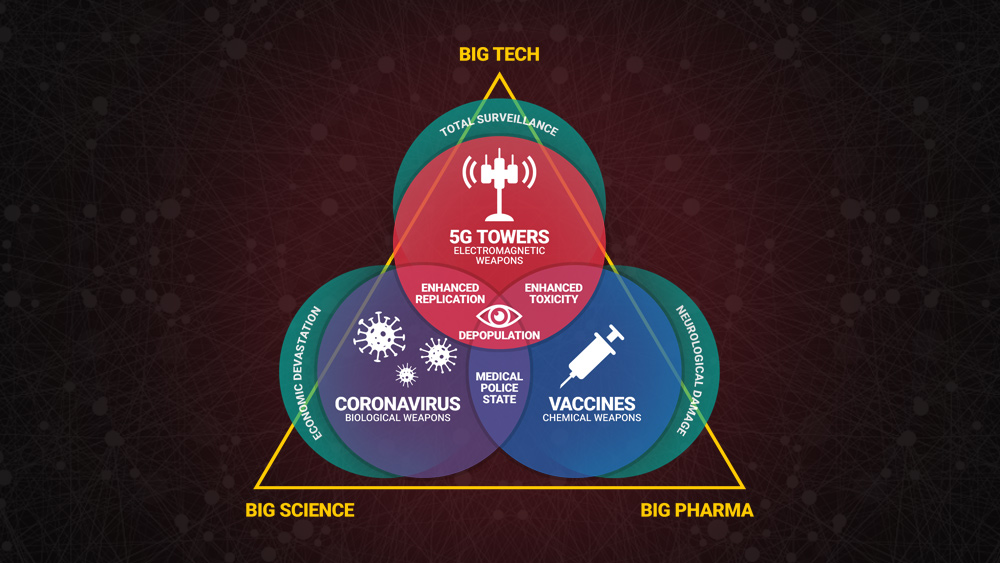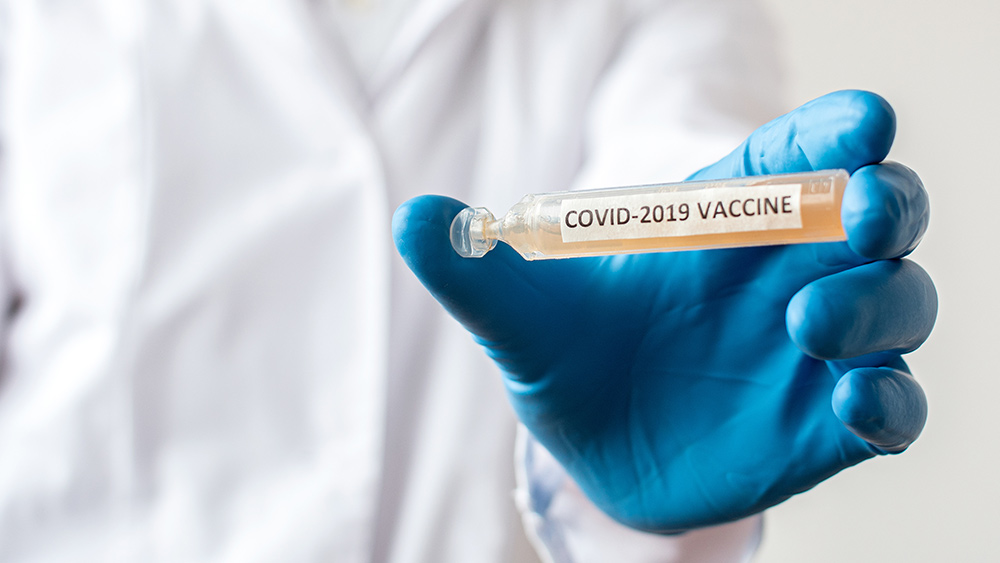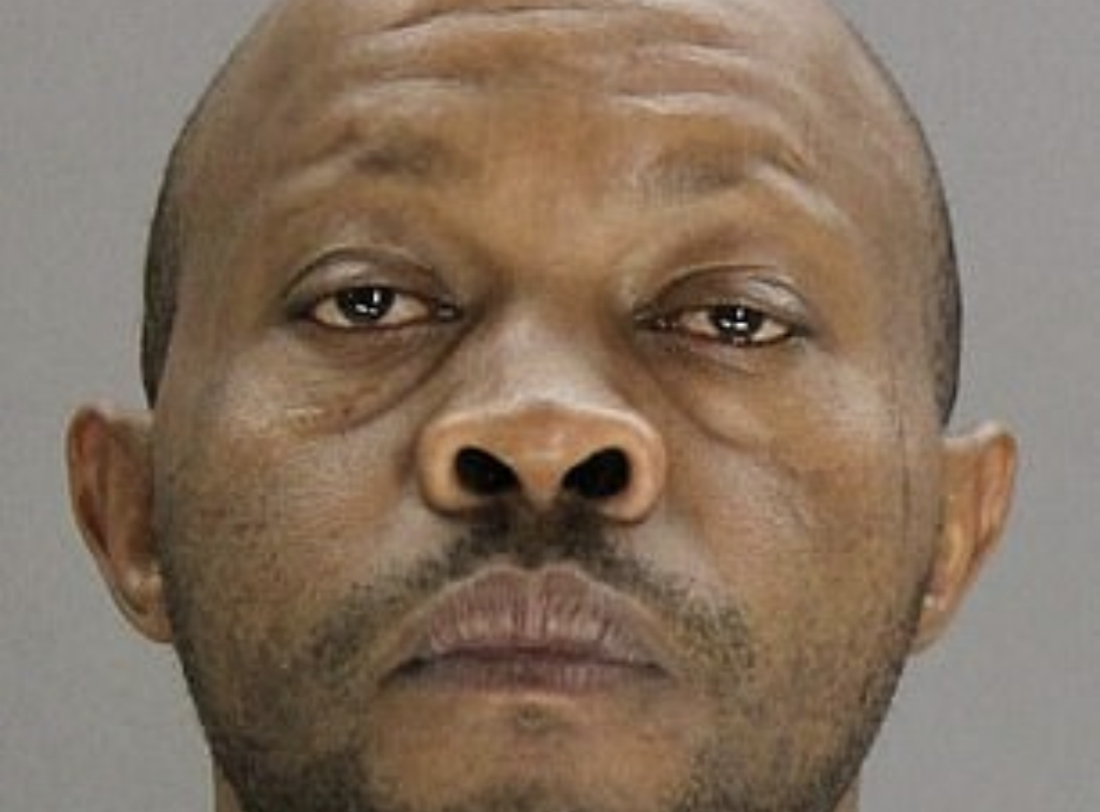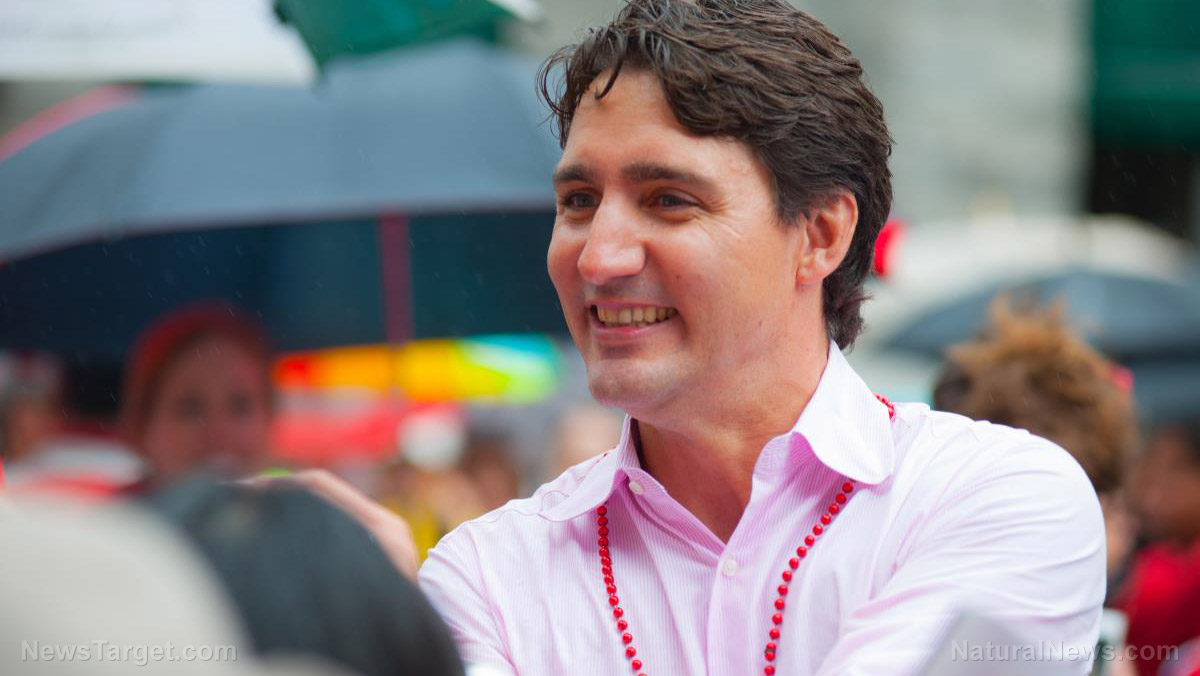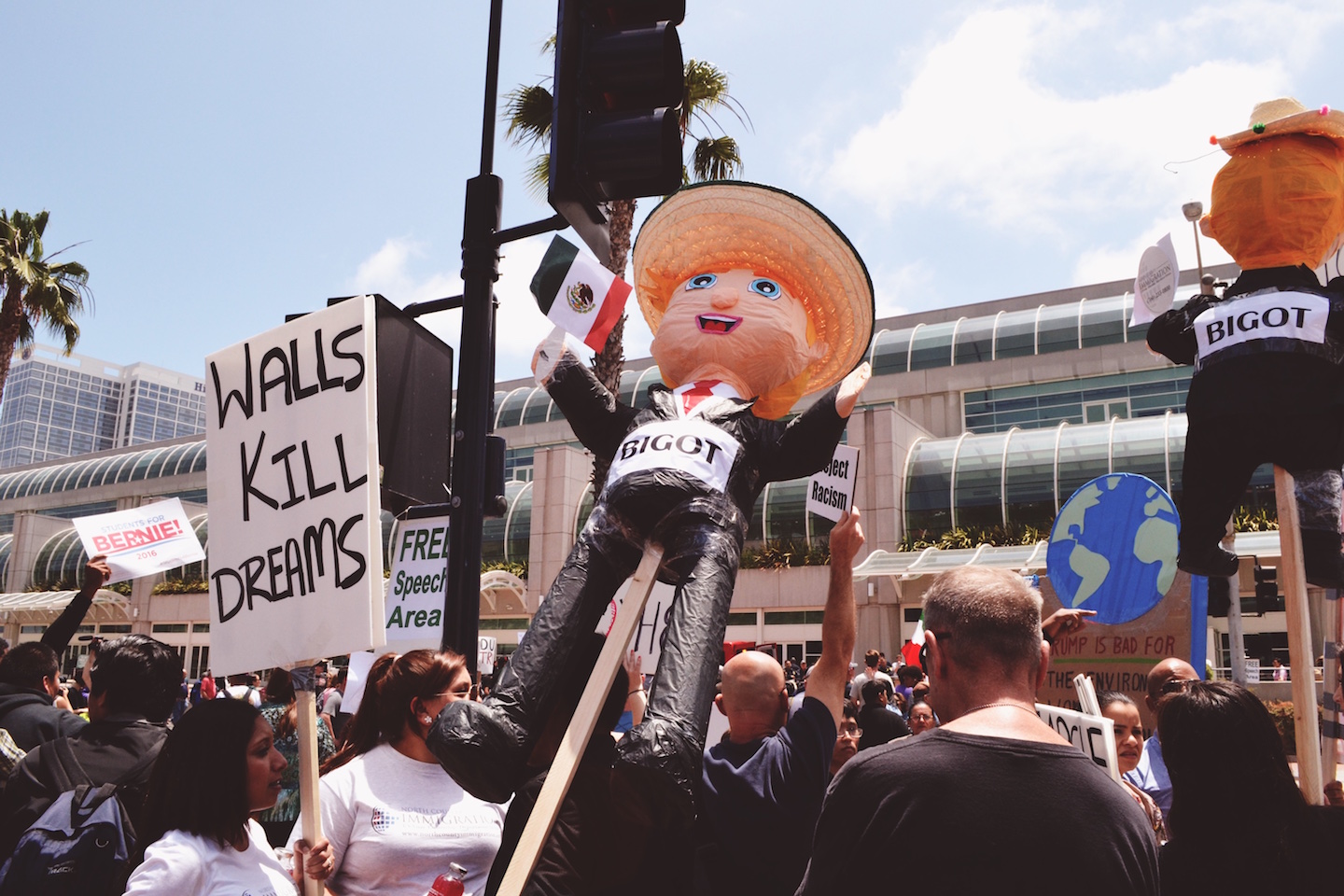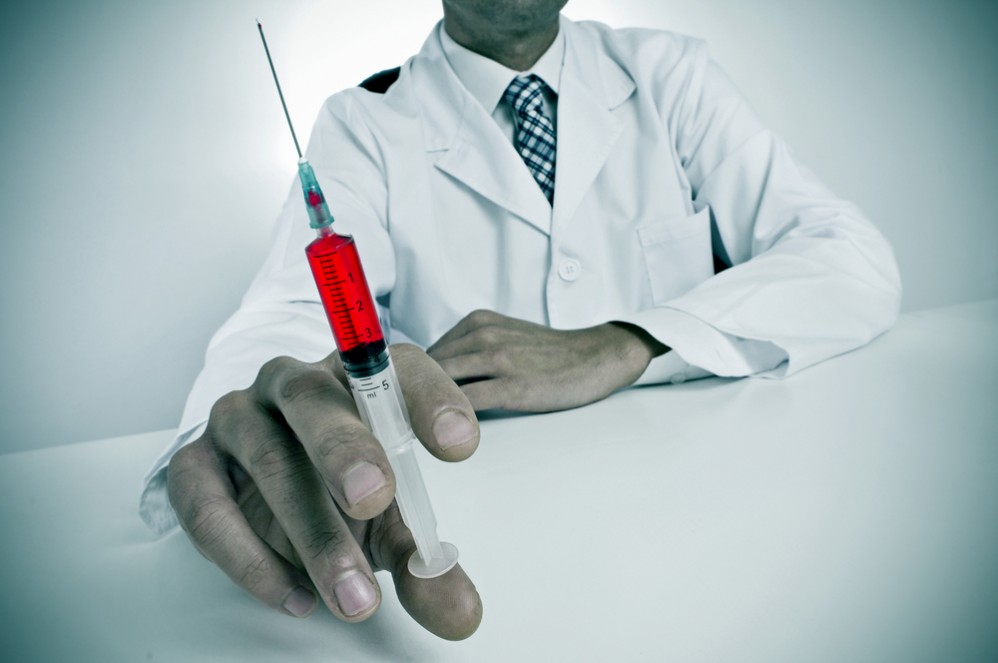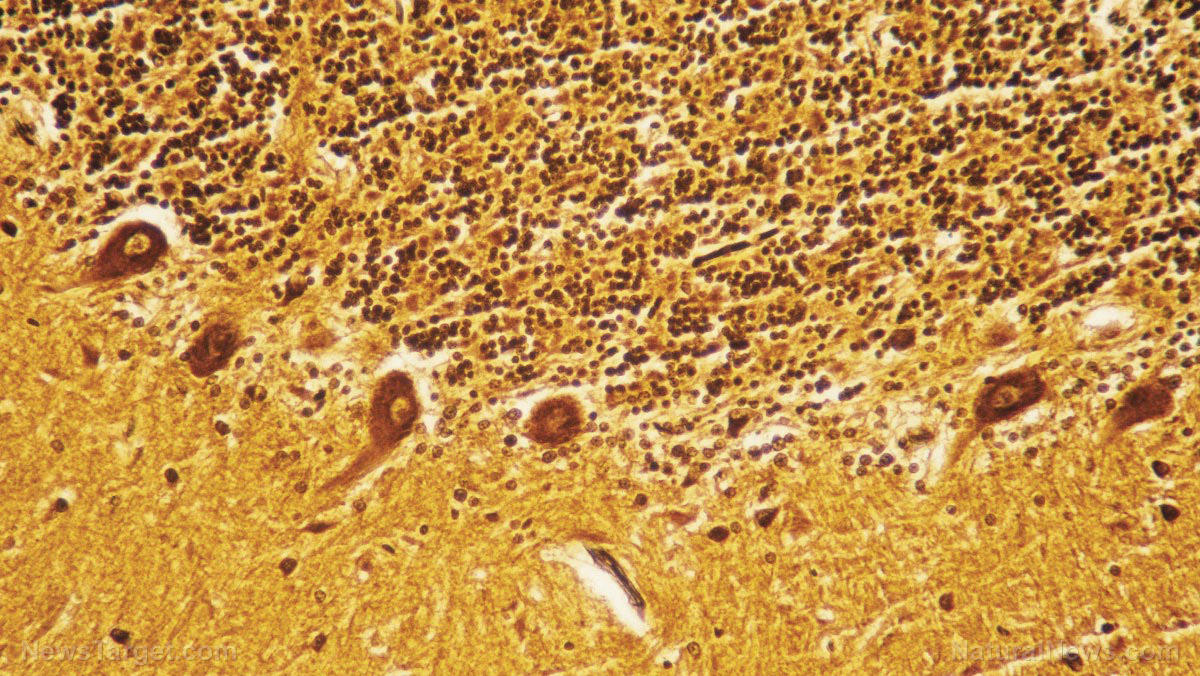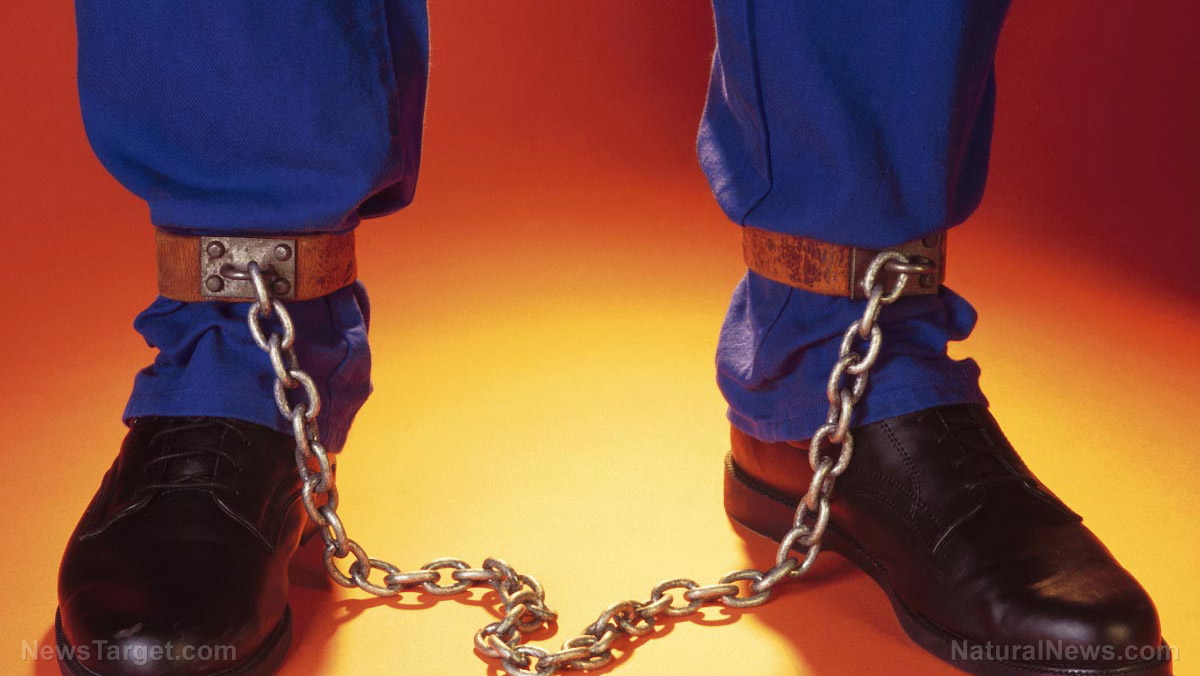Dutch government backing euthanasia for terminally ill children
10/16/2020 / By Cassie B.

The Dutch government is moving forward with controversial plans to allow children to legally end their own lives via state-sanctioned assisted suicide.
Health minister Hugo De Jonge is drafting legislation to change the current rules to enable children aged 12 and younger to undergo doctor-assisted suicide with the consent of their parents. He said the new measures will help a small group of children who are terminally ill and experiencing “unbearable suffering.”
De Jonge quoted from a study that he says supports this position when speaking before Dutch parliament, saying: “There is a need for active termination of life among doctors and parents of incurably ill children, who are suffering hopelessly and unbearably and will die within the foreseeable future.”
Although assisted suicide has been legal in the Netherlands for many years, it is only allowed under certain conditions, such as when a patient is experiencing unbearable suffering, has no prospect of improving and expressly wishes to die.
Terminally ill patients under the age of 1 as well as those aged 12 to 15 are already allowed state-sanctioned assisted suicide where there is parental consent; those aged 16 and 17 do not need parental consent to get a doctor-assisted suicide. An estimated 7,000 people die each year in the Netherlands after letting themselves be killed via assisted suicide through the state’s medical system. The procedure normally involves a doctor administering an intravenous sedative followed by a drug that makes it difficult to breathe.
Assisted suicide for children is already allowed in Belgium, who legalized it in 2014. For terminally ill children aged 1 to 12 in the Netherlands, doctors can currently provide palliative care, or they can withhold nutrition until the patient dies. This has created a gray area that has led many doctors to ask for more regulation, according to De Jonge.
He added that the current laws would not have to be changed, but the new legislation would exempt doctors from prosecution should they carry out an approved euthanasia on a person who falls within this age range. The patient would also have to be enduring endless suffering and two doctors would need to agree to the procedure, in addition to getting consent from the child’s parents.
A slippery slope
Canada’s Campaign Life Coalition Political Operations Director, Jack Fonseca, said that this development shows that the Netherlands has lost its “moral compass.” He added that when elected lawmakers sanction killing young children, it shows a “debased and morally corrupt society.”
Fonseca told LifeSiteNews that suffering is one of life’s difficult realities, and that human beings are intended to persevere and respect the wishes of our Creator.
Meanwhile, Dutch Cardinal Willem Eijk said that when societies allow assisted suicide, it becomes a slippery slope. Speaking to the Catholic News Agency, he stated: “Once accepting the termination of life for a certain measure of suffering, one will always be confronted with the question of whether it should not also be allowed in suffering that is only a little bit less.”
The issue has understandably been a source of great controversy in the Netherlands, triggering months of debate in its four-party ruling coalition government. Conservative Christian parties have strongly opposed the move.
Children are simply too young to make an informed decision to end their lives. Doctors should not be determining when kids can die, even if the law allows them to. Most people enter the medical profession out of a desire to save lives, and when that isn’t possible, they should be doing everything they can to ease the suffering of patients of all ages while nature takes its course. Once governments start handing doctors permission to kill children under certain circumstances, it’s all downhill from there.
Sources for this article include:
Tagged Under: assisted suicide, bad doctors, child health, ethics, euthanasia, health freedom, medical ethics, medical violence, Netherlands, Public Health, terminal illness
RECENT NEWS & ARTICLES
COPYRIGHT © 2018 EUTHANASIA.NEWS
All content posted on this site is protected under Free Speech. Euthanasia.news is not responsible for content written by contributing authors. The information on this site is provided for educational and entertainment purposes only. It is not intended as a substitute for professional advice of any kind. Euthanasia.news assumes no responsibility for the use or misuse of this material. All trademarks, registered trademarks and service marks mentioned on this site are the property of their respective owners.


